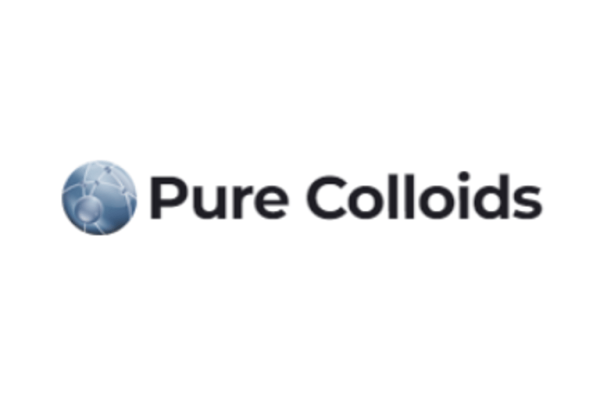Employee perks are more than just health insurance and gym memberships in Silicon Valley’s high-tech corridors. Benefits, whether free and subsidized meals or corporate housing, as well as stock options, have become a culture of war for top talent.
Nonetheless, this has become an increasingly hot subject, especially with the California Department of Tax and Fee Administration (CDTFA) reviewing how such perks are categorized and charged. In the event of a CDFTA audit, an employee can seek the assistance of a tax attorney who is proficient in the new laws.
According to the CDTFA regulations, certain non-monetary employee benefits have the potential to create sales or use tax liability. Finance and HR departments should be aware of the tax implications associated with these benefits.
1. Understanding CDFTA’s Reach Over Employee Perks
The CDTFA is the organization responsible for administering sales, special, and use taxes in California. As most people think that CDTFA is only interested in selling products or services, its activities can also reach companies that sell to themselves, particularly in cases where sales are made to employees on a non-cash basis.
When used as a component of compensation, such as the provision or retailing of tangible or taxable digital goods or services by a company to an employee, the taxable transaction or event may be considered a taxable event, even if the recipient is a W-2 employee.
2. When Stock Options Become a Tax Puzzle
Overall, stock options (Incentive Stock Options (ISOs) and Non-Qualified Stock Options (NSOs)) do not fall under sales tax since they are not tangible property. What, however, is complicated is when value-added services are pegged with stock options, which are:
- Special training packages (which are commercially sold)
- Ability to get at an early date license software or technological resources
- Tied packages, such as taxable deliverables, in exchange for obtaining a permanent job
In case of an option conditional upon the receipt of goods or services packaged in therewith or the company turning to a shift in value to digital offerings (e.g., subscription tools or proprietary platforms), CDTFA might consider the transaction partly taxable.
3. Perks That Cross the Tax Threshold
Tangible employee benefits frequently include a package of benefits offered by companies in Silicon Valley, such as:
- Homesteading or half-rent accommodation
- Prepared food or a cafeteria filled with provisions
- Company gear (phones, laptops, clothes, tech)
- Paid software, wellness app, or virtual healthcare accessibility
In cases where such goods or services are provided directly and no consideration is recorded, the CDTFA may collect use tax on the fair market value of such benefits, particularly given treating they are treated as part of compensation schemes. For a founder, it’s also important to hire an EDD audit lawyer to navigate the smooth transfer of the stock options and other assets.
For example, when a company-leased Tesla car is provided to an employee as a perk, there is likely to be a use tax liability on the part of the company unless it has paid sales tax on behalf of the vehicle or filed a resale exemption in the proper order.
By hyper-analyzing benefit designs in a tax context, businesses can remain compliant while retaining the spirit of innovation and care.





